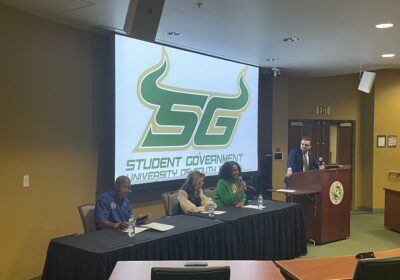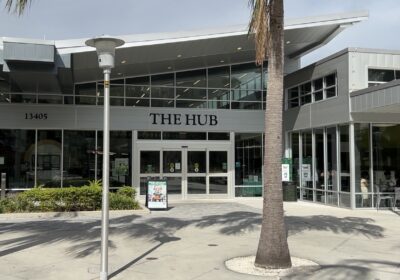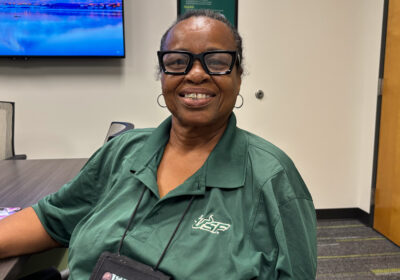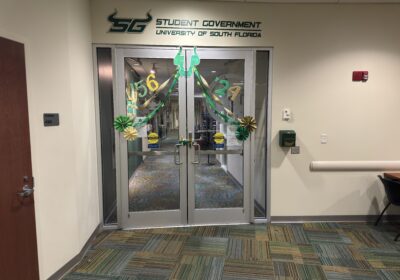Public health researchers call for gun safety research amid campus-carry debate

SPECIAL TO THE ORACLE
With the new legislative session of the Florida Senate comes another debate over campus-carry.
A hotly contested issue, Senate Bill 622, Sen. Greg Steube’s brainchild concerning concealed weapons and firearms, was again introduced to the Senate on Wednesday after failing to be made into law last session.
At the same time, an article titled “Academic Public Health and the Firearm Crisis: An Agenda for Action,” co-authored by Karen Liller, a professor at USF’s College of Public Health, was published in the American Journal of Public Health. The article calls for increased collaboration and networking among public health researchers and professionals to figure out what to do about the issue of gun safety.
Liller came to co-author this article through a conference held late last year in Boston. The conference, called “Public Health and the Firearm Epidemic: A National Consultation,” was a meeting of more than 40 institutions across the country to discuss how to research gun safety.
Liller said she couldn’t remember the last time a meeting this large and diverse came to talk about the issue of gun safety. She was chosen to attend the conference by the Dean of the College of Public Health, Donna Petersen.
While there, Sandro Galea, dean of the Boston University College of Public Health, asked attendees for assistance in writing an article about the agenda the collective members came up with.
Liller volunteered.
Liller herself is not a supporter of campus-carry. She said this is because there is little research about gun safety, and therefore the results of such legislation are hard to predict.
“We don’t know what something like (this) will do or what it won’t do for a campus,” she said. “We just don’t know at this point, and I think to allow students or faculty or whomever is allowed to carry a weapon on campus before we understand this is very premature.”
The current roadblocks for gun safety research are the result of federal legislation, Liller said.
“Congress said that (the Center for Disease Control and Prevention (CDC)) could no longer provide funding for anything that was used to advocate or promote gun control, and that then got construed to be funding for firearms, which meant that nearly all of the funding then from the CDC for that issues sort of dried up, and it also followed suit in the National Institutes of Health,” she said.
“There is some money in the National Institute of Justice, as I understand, but basically we lost a great deal when that happened, because without the funding, you can’t study the issue, and without studying the issue, you can’t develop research-based interventions. So, it’s sort of a domino effect.”
The agenda presented in the article is designed to help researchers in public health research gun safety despite these barriers.
Liller said the main strategies the article focused on were how to build and strengthen research and scholarship in the area of gun safety, meeting with other funders as a group instead of as individual researchers, and building networks and collaborations not just with those along their same vein, but also gun owners and manufacturers.
“We absolutely need funding … and we need to form greater partnerships,” she said. “… We need to come together to come to solutions.”
One thing Liller said she finds to be important as efforts for gun safety research going forward is involvement and the gathering of misguided opinion. One misconception, she said, is that the goal is to take everyone’s guns away.
“Basically we just want to know when things happen not lawfully and people do get hurt and people do get killed, why,” she said. “Tell me about the gun. Tell me about who owned the gun. How many hands did that gun go through before it was used as a weapon in that way? What can we do to make the gun safer?”
The CDC reported 33,390 firearm deaths in the U.S. in 2014, with 2,408 in the state of Florida alone. Liller said the gun issue is a safety issue above all else. Especially concerning campus-carry, the student voice needs to be heard, Liller said.
“I would just hope that they would join, if they’re invited to join efforts in this regard, whatever side they are on or whatever position they take because again, we need to learn,” she said. “Basically, we need to know more. We need to talk more. You need to be part of our efforts … Be there with us because you’re a very important constituent in all of this.”






